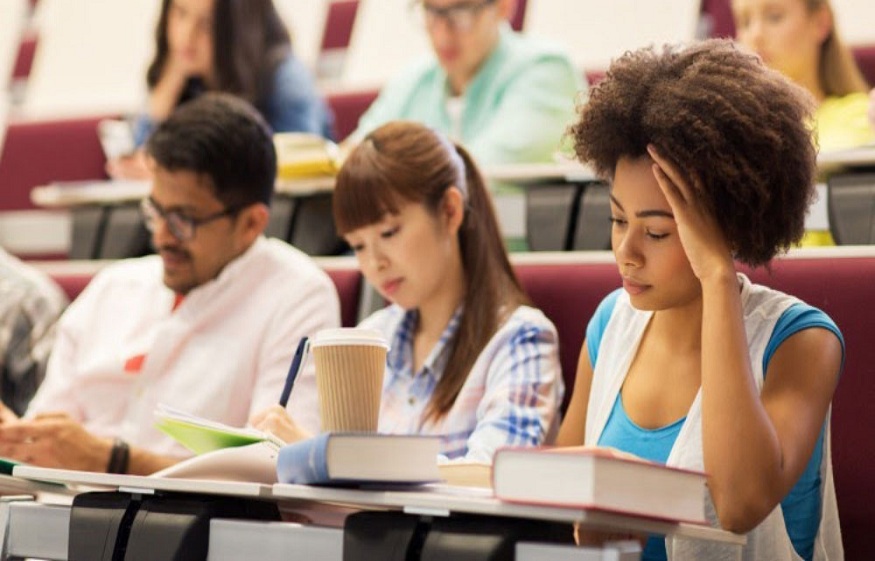
Six levers to improve the learning of higher education students
In Europe, most universities have a teaching and learning support center. These structures are sometimes integrated into the administration, sometimes into a faculty or a service which supports continuing education, both internal and external, within the institution. They generally include among their ranks teachers responsible for techno-pedagogical advice. They support teachers in their efforts to improve their teaching. Their field of action is relatively new, at least with regard to that of physicists or philosophers, for example, who work in fields which are certainly also evolving, but anchored in a secular history. The more recent field of university pedagogy benefits from the influence of disciplines such as pedagogy,
There are many ways to nourish this field, and in particular that which consists in observing practices in order to better understand them, then to model them and to test the robustness of the result. Authors like Viau (2009), Biggs (2003) or Georges (2010) are working on this. We believe it is just as necessary to disseminate this new knowledge and translate its recommendations through tools that allow teachers to bring this knowledge to life in their classes. This is what we hope to contribute with this article.
After a contextualization, we present six levers of educational innovation in higher education. These levers come from both an analysis of empirical data (transfer reports written by teachers at the end of their training) and suggestions provided on the basis of scientific literature on university education.
These levers are then used to analyze an innovation to which we have contributed and which was carried out within a speech therapy course 1 . Such an analysis, carried out here downstream to better understand the influencing factors and to help steer the innovation, could also be carried out at the design stage of an innovation, so as to enrich a program.
5It should be clarified now that the fact that an innovation has implemented several of the six levers does not necessarily represent a guarantee of the success of this innovation. Returning to our illustration, we try to identify the contextual factors which still constitute obstacles to student learning. Finally, we identify perspectives and avenues for research.
The context of the professional development of teachers at the University of Liège (Belgium)
Like many universities, the University of Liège supports teachers in their efforts to improve the learning of their students. If we define, like Bédard and Béchard (2009), educational innovation as seeking “to substantially improve the learning of students in a situation of interaction and interactivity” (p. 36), innovation constitutes the goal ultimate support actions for teachers. At the University of Liège, support actions take the form of multiple activities aimed at “supervisors”. We designate by this term any teacher (scientific or academic) or assistant responsible (at least for a part of his load) of the supervision of the students. It can be a supervision of practical work, tutorials or end of studies dissertations,
7Here are some of the activities offered to supervisors, presented from the least demanding for the teacher to the most engaging:
Maintaining a portal for the Institute for Training and Research in Higher Education, including various resources (mainly informative function) and allowing registration (organizational or logistical function) for activities such as training and seminars, or even the annual day of the Institute for training and research in higher education (plenary sessions and workshops offering numerous testimonials from teachers);
Conferences, training courses and educational seminars (we will refer to them interchangeably as “seminars” in the rest of this article): more than 100 seminars (60 different) are offered to supervisors each year. Note that since 2007, any new supervisor at the University of Liège has been required to participate, during their first three years in office, in ten half-days of seminars that they choose according to their preferences. Nearly 1000 supervisors are currently working in this “à la carte” program, organized by sessions bringing together an average of a dozen participants;
Educational advice, both individual and semi-collective (requested by teams of teachers from the same program), which starts from the request of the supervisor;
Specific programs, which each year select several teams of teachers for thematic support or focused on a type of educational innovation (for example, programs aimed at developing skills in students). These programs sometimes even call on external consultants to strengthen the project support team;


